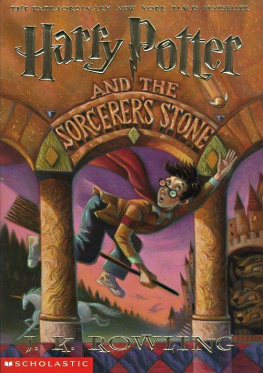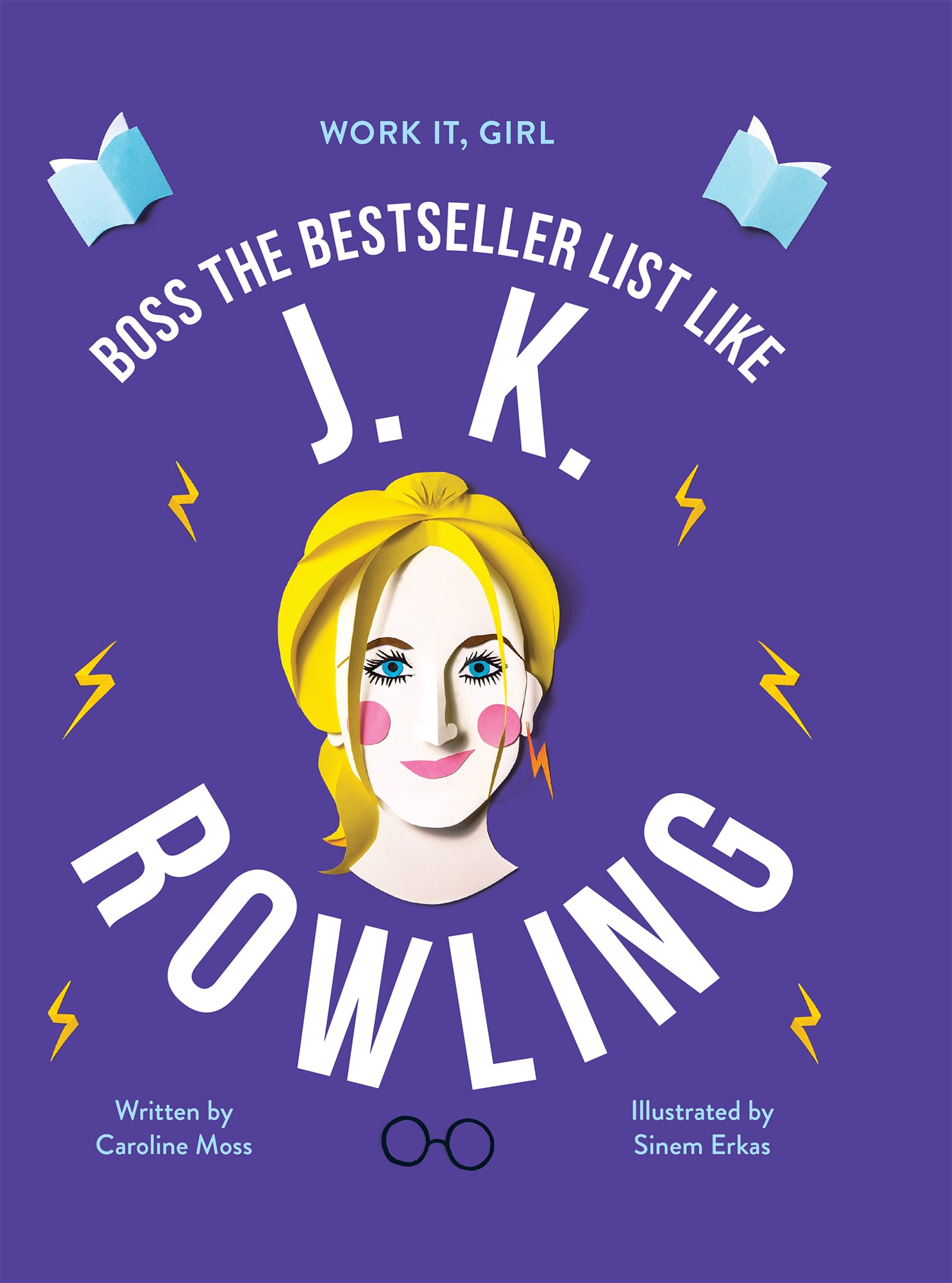Contents
Guide
Chapter 1
An Ordinary Child

A t the end of July in 1965, in a tiny English village north of Bristol, a baby was born. She was an ordinary baby, by all accounts. She had no magic powers to speak of, at least not yet anyway, and she was not regarded widely as special or unique in any way. But the world would come to know her differently in a few decades time.
That childs name was Joanne Rowling, or, as friends and family called her, Jo. And as a kid Jo loved to tell stories. Even at the young ages of four and five she was telling fantasy stories to her younger sister Dianne (who never much wanted to hear them). By the time Jo started Kindergarten, she had already earned herself a reputation in the family for being the storyteller and performer. She loved hearing stories, tooshe was a keen reader and would often beg her parents to read her books until she could lock herself away with her favorite titles on her own.
EVENTUALLY, HER OTHER FAMILY MEMBERS STARTED TO SEE THAT THE YOUNG GIRL HAD CAUGHT A LITERARY BUG OF SORTS.
She was always reading, and everyone noticed her nose buried in her books. Her mom also loved books and was delighted by her daughters interest, nurturing it as much as she could. It was a way the two could connect and find common ground.
When she was a little older, Jos great-aunt started to notice her young nieces passion for language arts and gifted her a copy of a book called Hons and Rebels by a woman named Jessica Mitford. Jo loved it so much, she became obsessed with all of her books and writing. Not able to get enough of the words and stories jumping out at her from the page, Jessica was her heroine and Jo was determined to follow her newest, most real dream: She wanted to write stories people would read. She wanted to be like Jessica Mitford, and inspire others to tell their stories or the ones living in their heads.
Joanne Rowling knew, for sure, that she wanted to become a real-life author.

IT MATTERS NOT WHAT SOMEONE IS BORN, BUT WHAT THEY GROW TO BE.
J. K. Rowling
Chapter 2
The Teen who Lived

I t was not a perfect childhood for Jo. When she was only 15, her mother Anne was diagnosed with a muscular illness called MS. The shocking diagnosis stunned Jo and the rest of her family. All of a sudden, everything Jo had come to rely on was falling out from underneath her, and she found herself holding tight to the time she shared with her mother. The illness took over Annes life and she became a shell of her former self. It was hard for her to do simple things like take a bath or help Jo set the table for dinner. Jo would often curl up with her mother in bed and read books, even though Anne was too weak to be fully present in those moments.
Life was hardher mother was unable to do many things and her illness took up the emotional energy of her daughters and husband. With one parent often unavailable, Jo was left to spend time mostly with her father, whom she did not get along with. She was not a happy young woman, as she was dealing with so much more than the average teenager does. In a way, Annes illness forced Jo to be a grown-up far before she was prepared to. Sometimes, she wished she was just like other normal teenagers who only had to worry about school dances and history exams.
Jo attended primary and secondary school in the U.K., meeting people who would later serve as references for some of her most beloved book charactersbut more on them later! Right now, Jo was known for being a mediocre student, but her teachers do remember that she was bright, especially when it came to writing and literature.
Have you ever heard the phrase living up to your potential? It means that others around you might see something in you that you are having a hard time seeing yourself. It may mean that others believe you could be working harder to achieve big goals but that you may be holding yourself back. This was classic Joanne Rowling, as her educators remember. Whether it was because of issues at home or something else, Jo had a promise inside of her that she was, her teachers believed, not living up to.
They believed she was meant for big things, but also knew that big things required big work, and Jo wasnt super interested in putting in the work at the time.
Jo became desperate to fit in at school, and found herself to be a little bit of a hippie who spent a lot of time playing guitar in her bedroom. While she never abandoned her love of storytelling and books, she found music to be a great way for her to channel energy and emotion, especially when things at home werent going so well: music got her through the tough times. But she never truly became very engaged with her school work, which made her teachers and professors scratch their heads in wonder.
WHY WONT JO JUST DO THE WORK?
Jo still really wanted to be a writer but boy, oh boy, she did not want to do the work to become one. Writing papers for school was a headache. Jo was starting to wonder if she was really destined for a life of storytelling. But what she didnt know was that being able to write the stories she created in her own mind would help unlock all of that unused potential inside of her.
By the time Jo became a senior in high school, she had decided her heart was set on attending the prestigious Oxford University. But Oxford was a very competitive school, and only accepted the top students from all over the world. Jo was hopeful admissions counselors would see her bright and shiny potential through some of her dismal grades and held onto hope as the weeks and months passed after submitting her application. She dreamed of her life at Oxford, the stories she would write and the things she would learn if. If she got in, she promised herself that she would study very hard and achieve high marks.
Finally, an envelope arrived from Oxford. Jo held it in her hand. This is my future! She thought. She ran up to her bedroom and tore the envelope open, flopping on her bed.
Thank you for your application to Oxford University, the letter read. We regret to inform you have not been accepted.
Jo was totally crushed. She thought her future was slipping away from her and she started to kick herself for not doing a better job of fulfilling her potential in high school. Her grades throughout school were not impressive enough to be let in, and Jo was full of regret that she had let some of her work slip over the years.


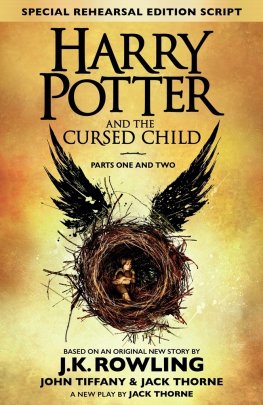

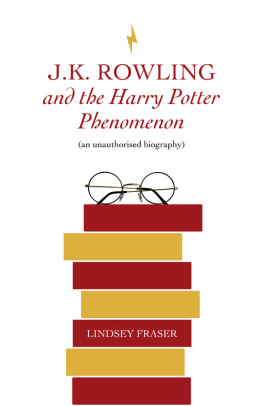
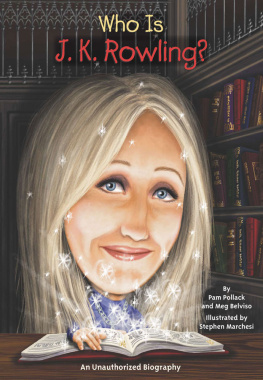

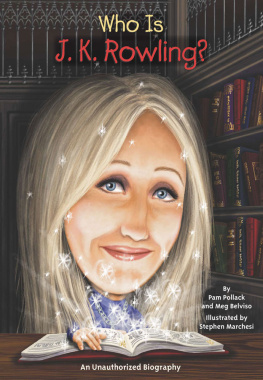
![J K Rowling - Harry Potter [Complete Collection]](/uploads/posts/book/117015/thumbs/j-k-rowling-harry-potter-complete-collection.jpg)


